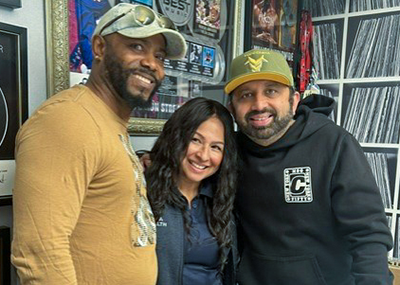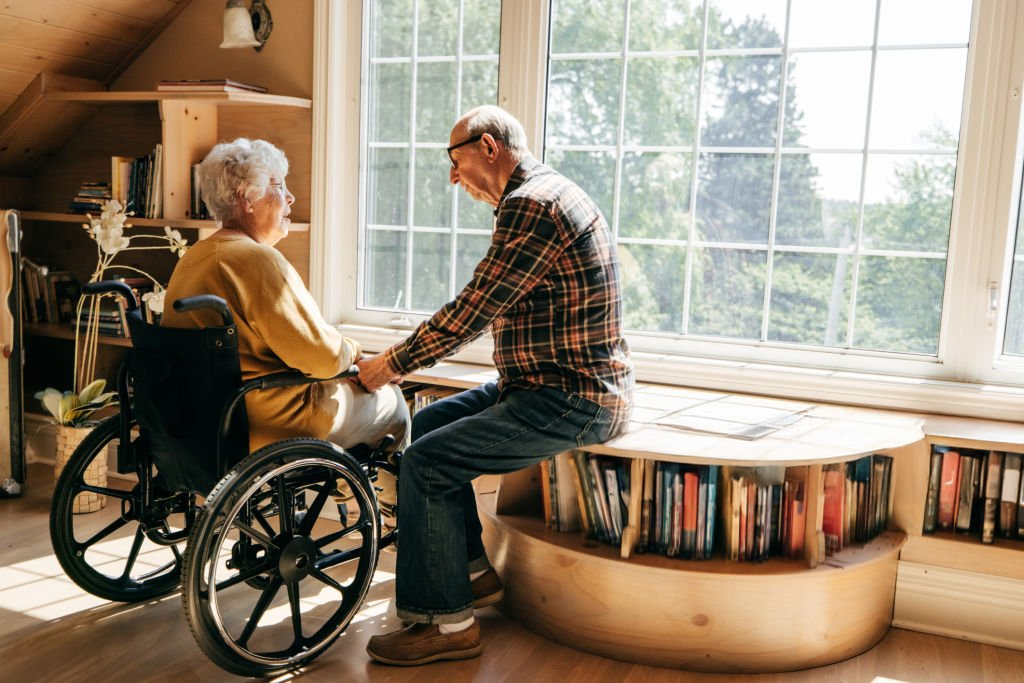Bringing Caregiver Voices to the Airwaves
Caregiver Support Program in Massachusetts: Francisco’s Story with Vitra Health… Read more »
June is Men’s Health Month, Alzheimer’s & Brain Awareness Month, and the perfect time to talk about an often-overlooked subject: men’s health in caregiving.
Whether you’re caring for a loved one, noticing signs of memory loss yourself, or just trying to stay on top of your own health, this month is about recognizing that men face unique challenges and deserve support too.

More men are stepping into caregiving roles than ever before. Today, nearly 4 in 10 unpaid family caregivers are men, according to Family Caregiver Alliance. These roles come with deep responsibility and real health risks.
Unlike women, men are less likely to talk about the emotional toll caregiving takes. This silence can lead to stress-related conditions like:
Focusing on men’s health in caregiving means recognizing those risks and creating better systems of support.

Whether it’s a spouse, parent, or sibling, men are often in the role of primary caregiver for someone with dementia. Caring for a loved one with Alzheimer’s presents unique emotional and logistical challenges, especially when balancing work and family responsibilities.
As Alzheimer’s Association notes, caregivers are more likely to experience stress-related illness and burnout. Focusing on men’s health in caregiving includes mental health, emotional support, and proper medical follow-up.
This kind of care often includes:

Recognizing the warning signs of Alzheimer’s early allows for more proactive care. In men, symptoms may include:
If these symptoms appear, encourage a conversation with a primary care doctor or specialist. The National Institute on Aging provides helpful tools and resources.

A big part of men’s health in caregiving is keeping your own brain sharp and energy steady. Nutrition plays a huge role in long-term memory and cognitive performance.
Consider adding these brain-boosting foods to your regular meals:

Male caregivers often go unseen and unsupported. Men are less likely to go to the doctor, talk about mental health, or ask for help. But caring for your own health is part of being a strong caregiver.
Regular checkups, setting boundaries, and joining caregiver support groups are all part of maintaining balance and avoiding burnout.
At Vitra Health, we support family caregivers of all kinds, including men navigating the physical, emotional, and financial realities of caregiving. If you’re looking for help managing care, getting paid for caregiving, or finding local resources, you’re not alone.

Caregiver Support Program in Massachusetts: Francisco’s Story with Vitra Health… Read more »

Paid Spousal Caregivers Massachusetts: Why H.D. 4524 Matters At Vitra Health,… Read more »

Fighting for Fairness in Massachusetts And why HD.4524 could finally… Read more »